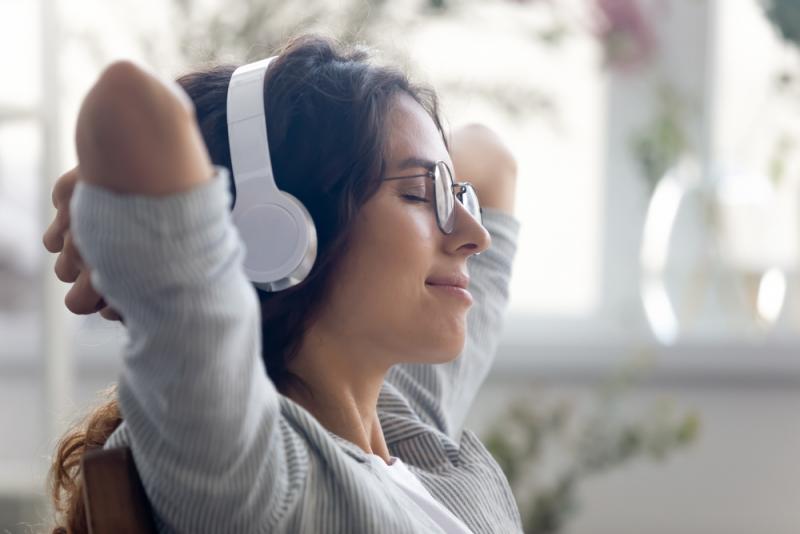If you want to lose weight and gain the benefits of exercise, don’t workout on an empty stomach. Here’s what experts recommend you eat before, during and after your workout.
Do you hit the gym regularly and follow a healthy diet? Yet your efforts may go to waste if you don’t eat the right things before and after the workout. “If you are working out, you need to follow a particular diet for optimum weight loss. It should be a balanced diet and will depend on your age and activity level,” says Usha Kiran Sisodia, Head dietician, Nanavati Super Speciality Hospital.
If you are confused about what to eat before, during and after your workout, we offer you a nutritionist-recommended guide on how to plan it:
You can have a healthy drink such as a protein smoothie made with yoghurt or coconut milk with banana and some berries as a pre-workout meal.
Before the workout
You must keep a gap of at least 20 minutes to half-an-hour between the meal and the exercise session. “Have simple carbohydrates such as fruits (200gm) or dates (50gm) with some probiotics and 10 soaked and peeled almonds,” says Sisodia.
The type of fitness routine you are following will also determine the diet. For strength training, you need more protein which will be converted into amino acids to be used by the body to repair or build muscles. For cardio routines, you need a good carbohydrate intake with some protein to balance the calories and give you instant energy to power through the workout. “Choose carbs that have a low glycaemic index (GI) which releases the sugar into the bloodstream slowly and consists of more essential nutrients like fibre and vitamins,” says Manoj Kutteri, wellness director and nutrition expert at Atmantan Wellness Centre.
The closer you eat before your workout, your meal should be smaller and simpler. “If you have less than an hour for your workout, choose foods that are simpler to digest such as a banana, apple or a protein bar. This type of smaller meal will prevent stomach discomfort during exercise as well. You can also have a healthy drink such as a protein smoothie made with yoghurt or coconut milk with banana and some berries,” says Kutteri.
After the workout session, eat a meal that includes eggs, chicken breast, nuts and veggies.
After the workout
Post a workout session, you need to ensure you consume proteins and carbohydrates to repair muscles, replenish glycogen stores and reduce post-workout DOMS (Delayed onset muscle soreness). “A protein shake or a complete meal within 1-2 hours of post workout will help the body to build lean muscles and regain energy. Whole foods are better choices as it provides complete nutrition. Eat eggs, chicken breast, turkey, whole grains, cottage cheese, tofu, nuts and veggies. Aim for atleast 30 to 40gm of carbohydrates and 15 to 20 grams of protein post-workout,” says Kutteri.
Drinking water immediately afterwards is not recommended as it will cool off the body instantly.
Hydration is a key factor as a significant amount of water is lost through sweat during the workout. But drinking water immediately afterwards is not recommended as it will cool off the body instantly. You must slowly rebuild the water loss after a workout. “About half a litre of water can be consumed 2 hours before the workout, 250ml of water can be taken during the warm-up period, and about 150-200ml every 20–30 minutes during the session. Once you have completed your workout, take 250ml of water within 30 minutes,” says Kutteri.
Sports drinks are also needed to boost your energy levels. “To perform well in any sport you need an immediate source of energy,” says Sisodia, who suggests Glucon D as an optional drink. “If you take any sport drink ,check the label to see if it is FSSAI approved,” she says.
Kutteri says even plain water can meet the requirement of a sports drink. “However, if you are doing a highly strenuous workout, you may need to look for a sports drink that contains minerals which will replenish the intense loss,” he says.

